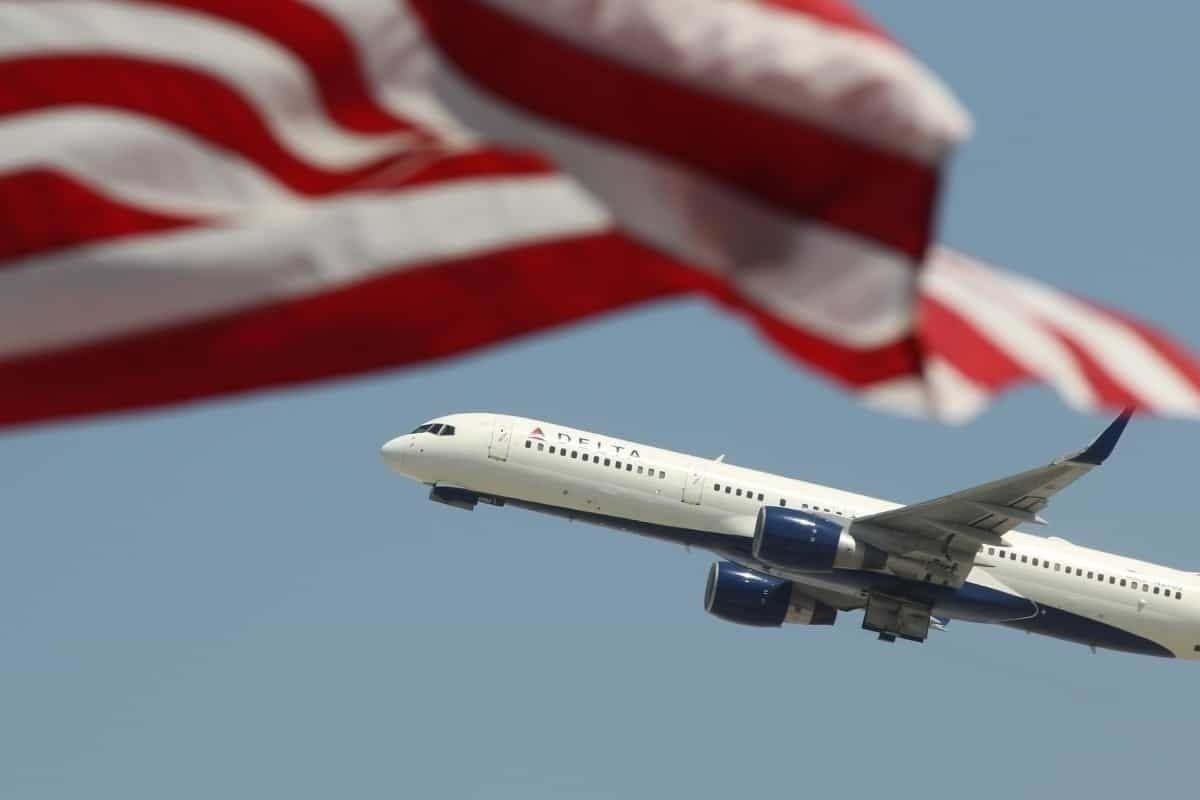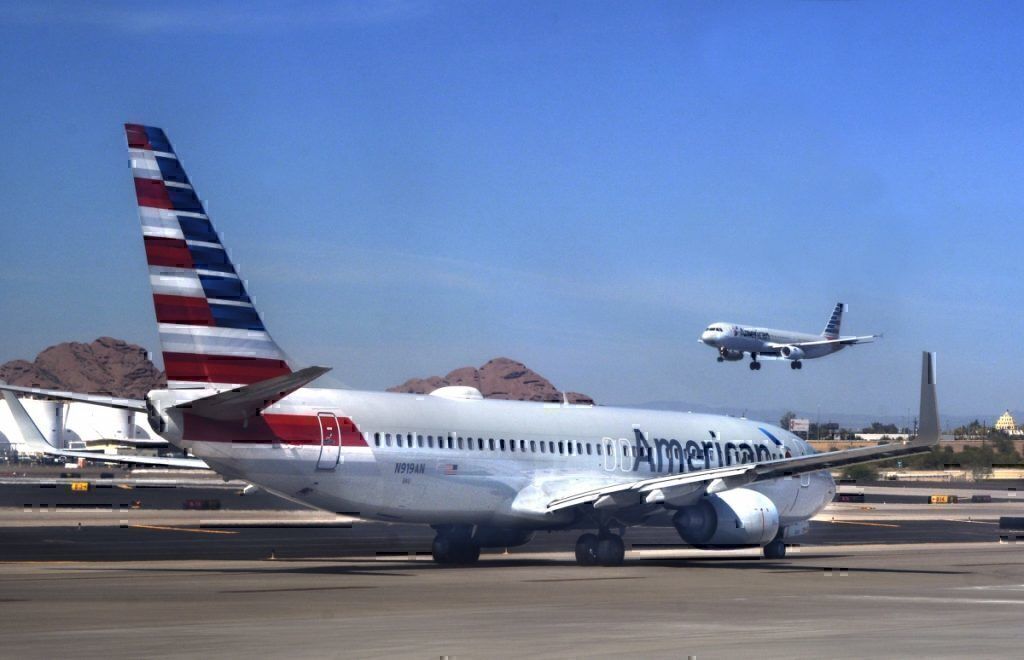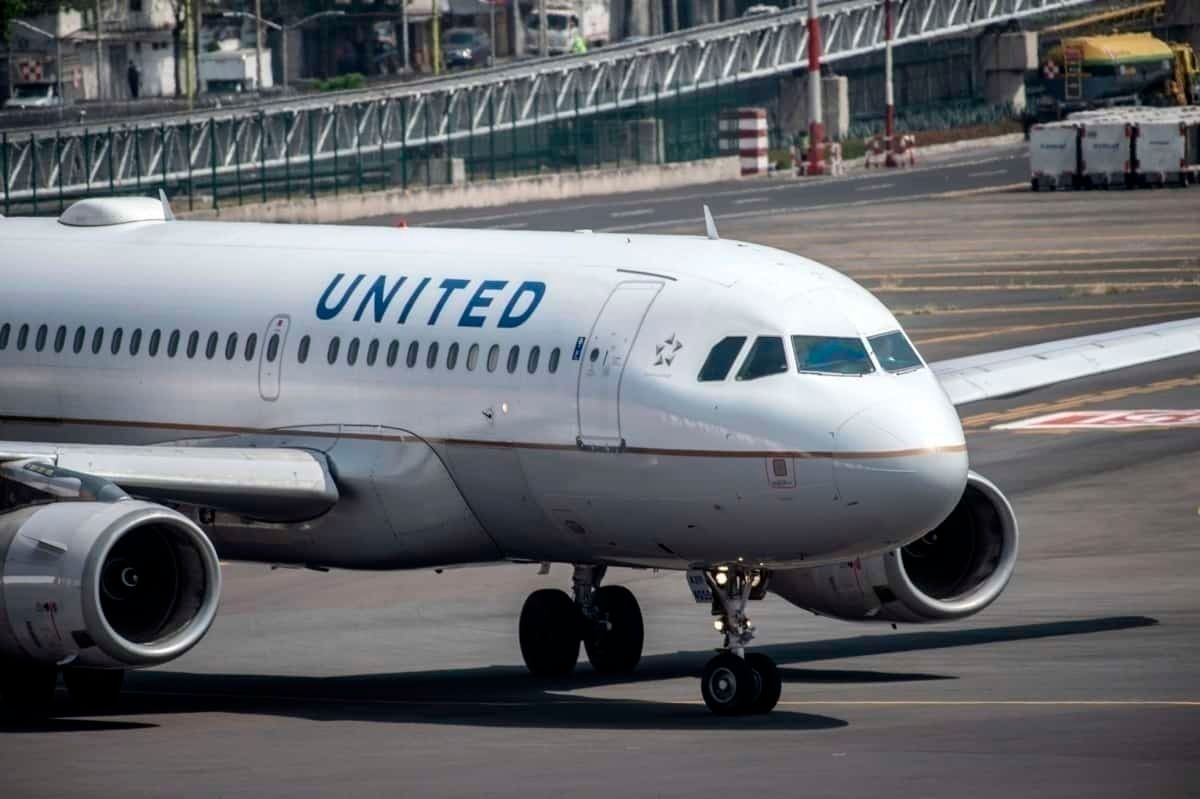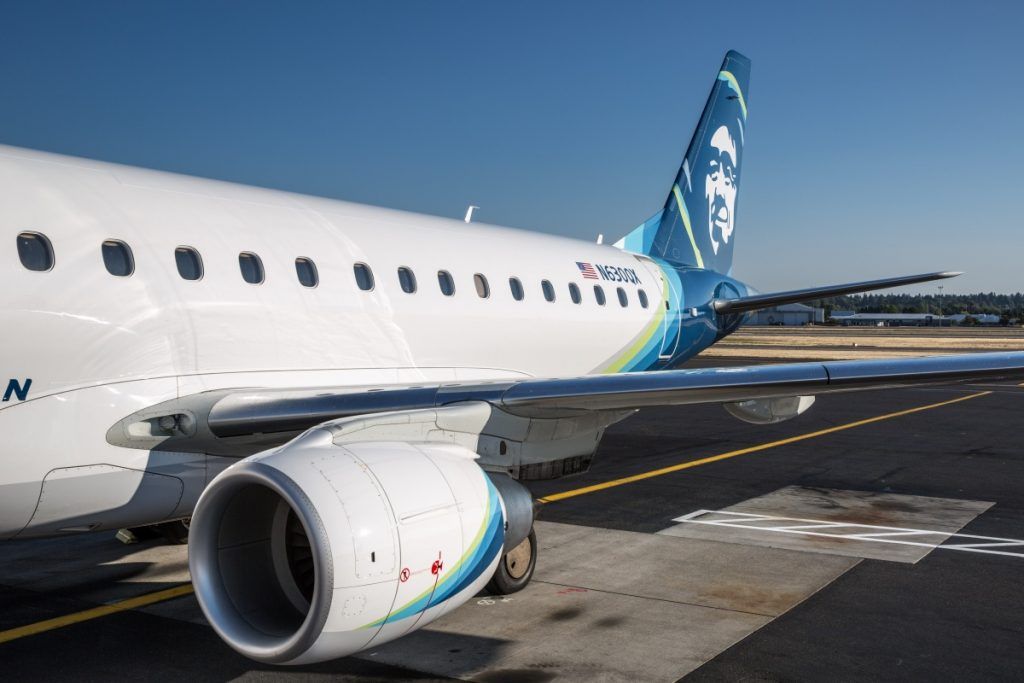The US Department of Transportation (DoT) has finally granted a service exemption to US airlines with regards to their networks. Under the terms of the CARES Act, airlines had to maintain their entire network, although they were allowed to drop frequencies. Now, 15 US airlines have been allowed to suspend service to a total of 75 airports for the summer season.
DoT grants the exemptions
One of the stranger requirements of the CARES Act was that airlines had to continue to provide service to all the airports they had flown to before the crisis. This didn't mean they had to continue with the same routes or frequencies, only that they had to continue flying into that airport.
This requirement has seen some crazy empty flights, ghost flights, and ridiculously short, pointless flights, just so airlines could remain compliant. While there's no doubt that some air service needed to be maintained, this requirement to fly into every airport was uneconomical to maintain and environmentally irresponsible.
Thankfully, the DoT has now approved exemptions for all the airlines that requested them. Airlines were only allowed to drop service to five airports or 5% of their capacity, and every airport included had to have an air connection from at least one airline.
It's a big improvement over the original requirements and will come as a relief to US airlines, who are collectively estimated to be burning through around $10bn a month. But who's dropping service, and to where?
Services dropped
American Airlines has only dropped its service to four cities. These are Aspen, Eagle and Montrose/Delta in Colorado, as well as Worcester in Massachusetts. Thankfully, this means the end of that silly 29-mile flight.
Delta has been approved to drop service to no less than 11 cities, jointly with United the most of any airline. These are Aspen, CO, Bangor, ME, Erie, PA, Flint, MI, Fort Smith, AR, Lincoln, NE, New Bern/Morehead/Beaufort, NC, Peoria, IL, Santa Barbara, CA, Scranton/Wilkes-Barre, PA and Williston, ND.
As mentioned, United will also drop 11 destinations from its network. These are Allentown/Bethlehem/Easton, PA, Charlotte Amalie, VI, Chattanooga, TN, Fairbanks, AK, Hilton Head, SC, Ithaca/Cortland, NY, Kalamazoo, MI, Key West, FL, Lansing, MI, Myrtle Beach, SC and Rochester, MN.
Alaska Airlines has been approved to drop five cities. These are Charleston, SC, Columbus, OH, El Paso, TX, New Orleans, LA and San Antonio, TX.
Frontier, JetBlue, Spirit, and Allegiant all received approval to drop five cities each. Other airlines with approval include Silver Airways, Sun Country, Corvus, and Sun Air Express. In total, 15 airlines have been granted exemptions to a total of 75 airports.
One Mile At A Time has published a handy list of all the included airlines and the destinations which are allowed to be dropped. Interestingly, Southwest Airlines has not requested one single exemption to date and continues to fly its entire network.
When will they stop flying?
While having the DoT permission to stop flying will give the airlines concerned some comfort, it doesn't necessarily mean they're going to cease service immediately. Airlines will still be looking at traffic, and even with the exemption in hand, they may continue to fly if demand allows.
If you've got a booking on one of these routes, your airline will be in touch if there are any cancellations to be made.




